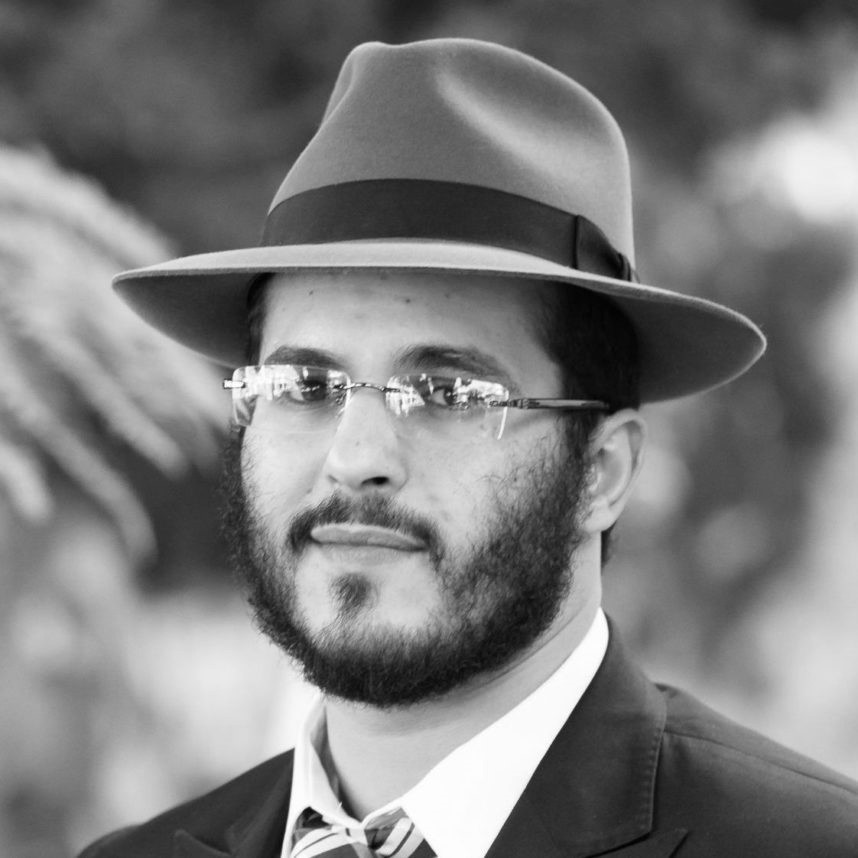We talk a lot about sustainability in our state’s communities. It is a matter of common sense, of stewardship, of decency and a moral and religious imperative for us to make the right decisions to protect the world we live in. This plays out in the things we choose to buy or not buy, and the companies and causes we support or choose not to engage with, based on their environmental footprint. Over the last decade, California has grown tremendously in the area of environmental conservation, and it’s something to be proud of.
But we must remember that our ability to make environmentally conscious decisions as consumers is a choice. It is a positive choice, but a choice nonetheless, and many would argue it is a privilege.
And I think the issue of proactive environmental action becomes less noble and in some cases dangerous when it comes to taking away choices, most especially from large communities that rely on certain resources and options for their way of living and for their livelihood.
There are current efforts and growing coalitions underway working to address this very issue. Groups such as Californians for Smarter Sustainability are pushing back on legislation, specifically Assembly Bill 792, authored by Assemblymember Phil Ting in San Francisco and Senator Ben Allen’s Senate Bill 54, which both aim to instill aggressive and highly unrealistic requirements for the rate of recyclable material to be included in the production of plastic bottles.
On the surface, taking strides to reduce our environmental footprint seems virtuous. But because these bills would impose impossible to achieve timelines and recycling rates, we can see a plan that has sweeping environmental change in mind, but one that lacks perspective and consideration of the actual people that make up our state, particularly those from disadvantaged communities that will be detrimentally affected by both of these short-sighted bills.
At the root of the issue is the simple fact that as our state reaches its lowest recycling rates in a decade, we lack enough recycled plastic to meet the demands of either AB 792 or SB 54. If these bills pass they will significantly raise the cost of essential items such as bottled water, which would be devastating for many working families in our state.
Our faith teaches us to respect our world and environment, but it also tells us that we must care for the least fortunate among us. What we are seeing is that these bills would do very real harm to some of the most vulnerable Californians, who lack access to clean water that many of us take for granted.
Across the state, lack of access to clean drinking water plagues the homes and schools of 1 million people — particularly those living in disadvantaged communities — and for these Californians, raising the price of bottled water could be disastrous for their health and well-being. We need to appreciate the importance of clean drinking water as one of our most fundamental human rights.
It is wonderful that our community has taken a lead in environmental stewardship, and it is something we really should be proud of. But we are also a community that considers the bigger picture, a community that looks beyond the surface and one that is forever committed to a more just society.
We share many goals with Senator Ben Allen and Assemblymember Phil Ting, but we must urge them to think wisely on the larger impact behind their legislation and amend their bills to realistically address the reality and needs of all communities in California. Senator Allen is, after all, the Chair of the Jewish Caucus, and as we support him, we must also hold him accountable to his commitments to the greater good.
If we are going to address our state’s environmental challenges, we have to look holistically at community-based solutions for recycling and sustainability that consider the broad impact such legislation will have on millions of Californians. And we must do so in a way that takes care of our most vulnerable communities and protects their most basic rights to clean drinking water.























 More news and opinions than at a Shabbat dinner, right in your inbox.
More news and opinions than at a Shabbat dinner, right in your inbox.